August 2021 PUC Update
Clean Energy Action Board Member Marguerite Behringer works for E9 Insight and part of her work is to compile summaries of Colorado Public Utilities Commission activities. E9 Insight has given CEA permission to publish the items that we think our readers might find useful. If you have questions about the content, please contact hello@e9insight.com.
Note: Xcel Energy does business in Colorado as Public Service Company of Colorado (PSCo).
Note: PUC refers to the Colorado Public Utilities Commission.
Resource Planning: Your Power, Your Community
21A-0141E Xcel 2021 Clean Energy Plan
In August 2021, Xcel filed corrected direct testimony and confidential testimony in its ERP case. Other comments were filed, including multiple exhibits by the Western Resource Advocates and the Colorado Energy Office’s joint motion to take administrative notice of climate change, its causes and likely consequences.
ERP Background
In accordance with SB 19-236, the Company’s ERP filing contains a Clean Energy Plan designed to meet the mandatory clean energy target of achieving by 2030, an 80% reduction in CO2 emissions using a 2005 baseline. The ERP will be judged in two phases: In Phase I, the Commission reviews and may approve, or approve with modifications, the utility’s plan to acquire new utility resources. In Phase II, the utility brings forward actual portfolios assembled from bids provided during the competitive acquisition process, and the Commission determines whether the utility should be granted a presumption of prudence for pursuing the acquisition of particular resources.
Business Models: Moneymaking, Programs, and Regional Impacts
20AL-0432E Xcel 2020 Phase II Rate Case
On September 2, the Colorado PUC responded to multiple requests for exceptions to the decision filed in Xcel’s Phase II rate case. Generally, the PUC denied requests to change its order while re-emphasizing certain points. The PUC reiterated that the current proceeding does not present reasonable evidence to move away from demand rates, but did agree that demand rates should be analyzed in the next rate case. The PUC also determined that an alternative approach to rates for the small general customer class should be designed to reflect “actual cost causation” and the PUC’s energy priorities. Xcel was directed to “analyze and develop alternative rate approaches for consideration” in the next Phase II rate case that better reflect cost causation, equity issues, and state policy goals. The PUC also affirmed that the small general class TOU pilot should commence to study time differentiated demand charges and smaller demand charges combined with higher structured TOU rates. The 30 MW TOU pilot must be filed with the PUC by March 2022, with customers no larger than 2 MW.
Other reviewed issues include raising the demand threshold for certain C&I classes, rejection of the RD-TDR demand charge rate, denial of Xcel’s flat bill proposal, replacement of the inverted block schedule in Schedule R with a seasonal flat rate.
21AL-0403E Xcel Electric Energy Assistance Charge
In August 2021, Xcel and Black Hills Electric Co. separately filed new tariffs to fund an Electric Energy Assistance Charge (EEAC), also called the Energy Assistance System Benefit Charge, pursuant HB 21-1105. HB 21-1105, "Low-income Utility Payment Assistance Contributions," was introduced in response to the increased need for utility bill assistance for income-qualified utility customers in Colorado and to the increased price of living in the State that has been further exasperated by the COVID-19 pandemic. EEAC funds will be transferred to Energy Outreach Colorado and distributed for utility bill payment assistance and energy retrofits provided to low-income households.
Transportation Electrification: Electric Vehicles, Charging Plans, and More
20A-0195E Black Hills Transportation Electrification Plan 2021-2023
On August 10, the Colorado ALJ issued a recommended decision to approve Black Hills Colorado Electric’s Transportation Electrification Plan with modifications. Black Hills’ program included tiered charging station rebate structures and rate design to stimulate competition, consumer choices, and attract private capital investments. The ALJ found that the proposed rate design considered varying usage and demands and provided an opportunity to learn how the rate design approach may impact these behaviors. The ALJ authorized Black Hills to present an equity performance incentive mechanism (PIM) similar to Xcel’s to ensure that income-qualified and higher emissions-impacte communities are given access to the EV programs. Rate RS-EV, a whole-home time-of-use rate, was made available to all residential customers as well.
